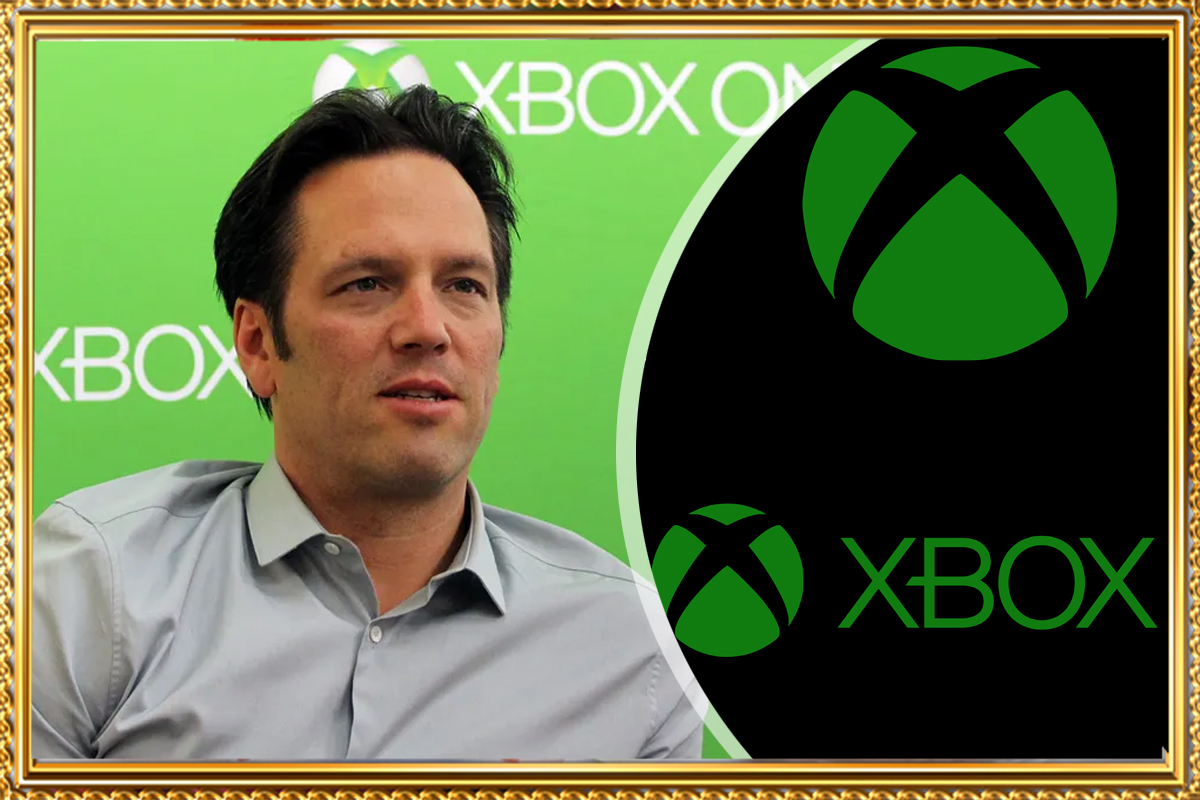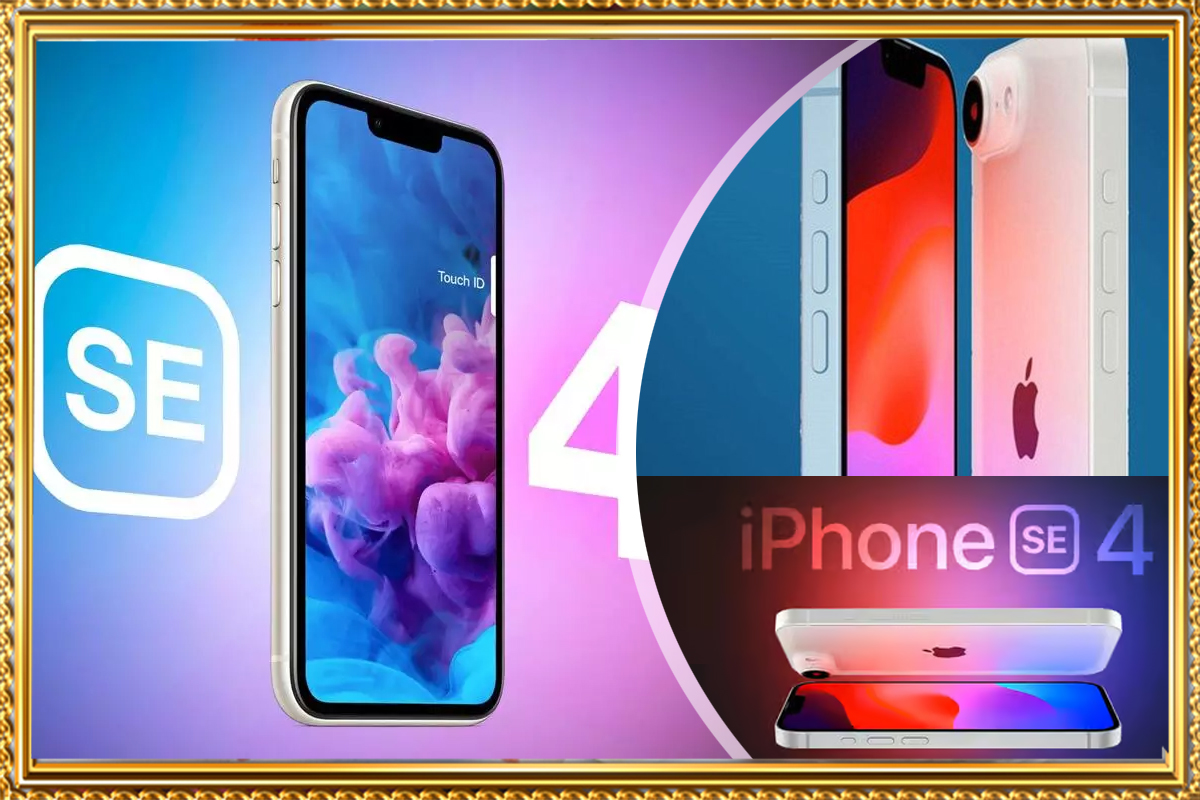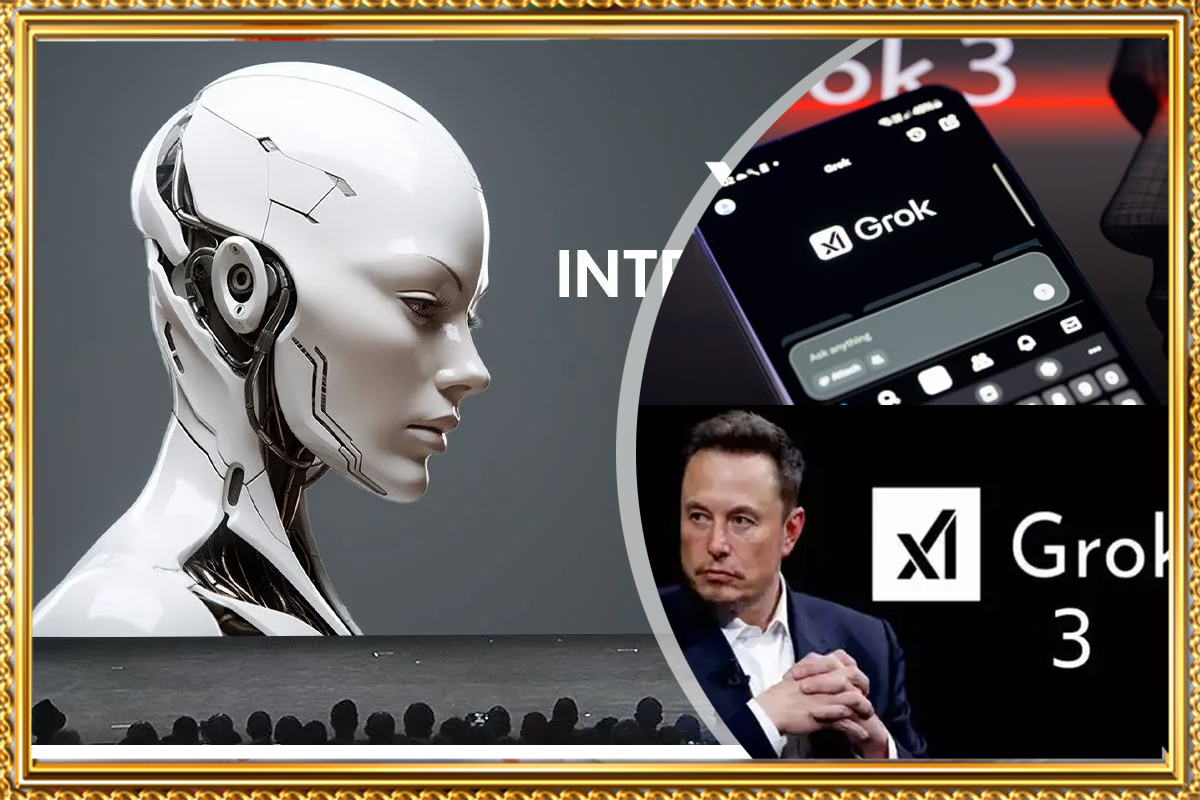Phil Spencer on Console Wars: Why Xbox Rejects Brand Tribalism

The gaming industry has always been marked by competition, with Sony, Microsoft, and Nintendo leading the charge. However, Xbox chief Phil Spencer has taken a different stance, arguing that the real problem isn't the competition between these companies but rather the tribalism among gamers themselves. In this blog post, we'll explore his views on console and brand tribalism, the positive and negative aspects of his stance, and how it impacts the gaming community.
What is Console and Brand Tribalism? Console and brand tribalism refers to the loyalty and rivalry among fans of different gaming platforms. It often leads to heated debates, unnecessary hostility, and a divided gaming community. Instead of appreciating games as a shared experience, many players engage in toxic discussions, undermining the contributions of rival platforms.
Phil Spencer’s View on Tribalism
Industry Impact of Tribalism
How Phil Spencer’s Vision Aligns with Modern Trends
The Future of Console and Brand Loyalty
The Psychological Side of Brand Tribalism
How Social Media Fuels Console Wars
Corporate Strategies & Tribalism
Positive Aspects of Phil Spencer’s Stance
Negative Aspects of Phil Spencer’s Stance
FAQs
CONCLUSION
Phil Spencer’s View on Tribalism
- Phil Spencer has openly stated that tribalism is the worst part of the gaming industry. He believes that competition should drive innovation and benefit players rather than create division. According to him, Xbox, PlayStation, and Nintendo are not enemies but rather different pillars of a thriving industry that should focus on delivering great gaming experiences to their audiences. In one of his interviews, Spencer mentioned that fostering inclusivity and collaboration among gaming companies would lead to better innovations. He pointed out that exclusivity wars and fan wars only serve to divide the industry rather than push it forward.

Industry Impact of Tribalism
- • Marketing and Sales Influence: Console loyalty often affects purchasing decisions, with some gamers refusing to buy certain brands out of allegiance to their preferred platform. • Development Challenges: Developers sometimes face backlash when releasing games on multiple platforms, as fans of certain consoles demand exclusivity. • Community Fragmentation: Gaming communities become divided, preventing broader collaboration and shared gaming experiences.
How Phil Spencer’s Vision Aligns with Modern Trends
- • Subscription-Based Services: With services like Xbox Game Pass, PlayStation Plus, and cloud gaming gaining popularity, exclusivity is becoming less critical, supporting Spencer’s push for a more unified industry. • Cross-Platform Gaming Growth: More games now support cross-play, enabling gamers on different platforms to play together, reinforcing the idea that platform choice shouldn't limit the experience. • Shifting Business Models: Game streaming, cloud services, and digital libraries reduce the importance of hardware-based competition, making tribalism less relevant in the long term.
The Future of Console and Brand Loyalty
- • Will Exclusives Disappear? Likely not, as exclusive games remain a major business strategy. However, timed exclusivity and platform-specific bonuses may become more common instead. • Can Tribalism Be Reduced? As gaming becomes more inclusive with cross-platform features and shared ecosystems, tribalism may weaken over time, though passionate fan debates will always exist.
The Psychological Side of Brand Tribalism
- Brand loyalty and tribalism are deeply rooted in psychology. Gamers often identify with a specific brand because: • Emotional Investment – Many players have grown up with a particular console, making it part of their identity. • Justification of Purchase – After spending money on a gaming system, players may feel the need to defend their choice against competing options. • Social Influence – Online communities, influencers, and marketing strategies reinforce brand loyalty, sometimes leading to hostility toward rival platforms.
How Social Media Fuels Console Wars
- Social media platforms like Twitter, Reddit, and YouTube have intensified console wars. • Echo Chambers – Players engage primarily with content that supports their preferred brand, reinforcing biases. • Misinformation & Toxicity – Misinformation about consoles or games spreads rapidly, often escalating into heated arguments. • Corporate Social Media Battles – Companies sometimes engage in playful (or aggressive) jabs at competitors, further igniting brand tribalism.
Corporate Strategies & Tribalism
- Despite Phil Spencer’s advocacy for unity, all three major gaming companies use strategies that encourage brand loyalty: • Sony’s Exclusive Titles – PlayStation dominates with first-party exclusives like God of War, Spider-Man, and The Last of Us. • Nintendo’s Iconic IPs – Nintendo relies on legendary franchises like Mario, Zelda, and Pokémon, with limited third-party support. • Xbox’s Game Pass Model – Microsoft’s strategy focuses on accessibility, making games available on multiple devices, yet it still acquires major studios for exclusives (Bethesda, Activision Blizzard).
Positive Aspects of Phil Spencer’s Stance
- 1. Encourages Unity in Gaming Spencer’s view promotes inclusivity, urging gamers to appreciate titles across all platforms rather than being restricted by brand loyalty. 2. Drives Industry-Wide Growth By discouraging hostility, gaming companies can focus on improving technology, services, and gaming experiences instead of engaging in petty rivalries. 3. Better Cross-Platform Play As more companies recognize the benefits of working together, players get to experience seamless cross-play features across different consoles and PCs. 4. Less Toxicity in Gaming Communities When fans respect each platform’s strengths rather than aggressively promoting one over the other, the gaming community as a whole becomes healthier and more enjoyable.
Negative Aspects of Phil Spencer’s Stance
- 1. Conflicts with Business Interests While Spencer’s vision of a unified gaming ecosystem sounds promising, the reality is that Sony, Nintendo, and Microsoft are competitors. Each company has financial incentives to maintain exclusivity, making collaboration difficult. 2. Console Exclusives Still Matter Many gamers see console exclusives as a major selling point. If Spencer discourages competition, it might reduce the drive for companies to create unique content that sets them apart. 3. Perceived Hypocrisy While Spencer speaks against tribalism, Xbox still engages in strategic acquisitions (like Activision Blizzard and Bethesda), securing exclusive content that contradicts his message. 4. Gamers Enjoy Competition Some players thrive on friendly competition between brands. Taking away this rivalry could make the industry less exciting for those who enjoy these debates.
FAQs
- 1. Why does Phil Spencer believe tribalism is harmful? Spencer believes that brand loyalty should not create hostility among gamers. Instead, he encourages a gaming industry where companies collaborate to enhance player experiences. 2. How does Xbox benefit from Spencer’s approach? By promoting a less divided gaming community, Xbox positions itself as a more inclusive platform, attracting gamers who prefer cross-platform play and shared experiences. 3. Has Xbox engaged in tribalism in the past? Despite Spencer’s views, Xbox has still engaged in competitive strategies, such as acquiring studios for exclusive content. However, his stance suggests a long-term vision of industry-wide collaboration. 4. Will PlayStation and Nintendo adopt Spencer’s approach? While PlayStation and Nintendo may not fully align with Spencer’s vision, both companies have taken steps towards cross-platform gaming, signaling some level of agreement.
Conclusion
Phil Spencer’s view on console and brand tribalism is refreshing, aiming to create a more unified and less toxic gaming industry. While his stance has both positive and negative aspects, it highlights the need for a shift in perspective among gamers. Rather than fighting over which console is superior, embracing the diversity of gaming experiences can benefit everyone.

As the industry evolves, collaboration between gaming giants might become more common, offering players better experiences across multiple platforms. Until then, the debate between competition and unity in gaming will continue to shape the future of the industry.














Post a comment